Exact Answer: More Than 1000 Years
The Roman Empire was one of the greatest and most influential civilizations in the world and sustained for over a thousand years. It lasted from about 700 BC to about 1400 AD. It was the post-republican period of Ancient Rome. It included large territorial holdings around the Mediterranean Sea in Europe, Northern Africa, and Western Asia all ruled by Roman emperors.
From its founding up to its fall, the Roman Empire conquered and integrated dozens of cultures into it which helped maintain the empire for so long. After the military crisis, the empire was ruled by multiple emperors who shared the rule over the Western Roman Empire and the Eastern Roman Empire. The Eastern provinces of the empire were known as the Byzantine Empire.
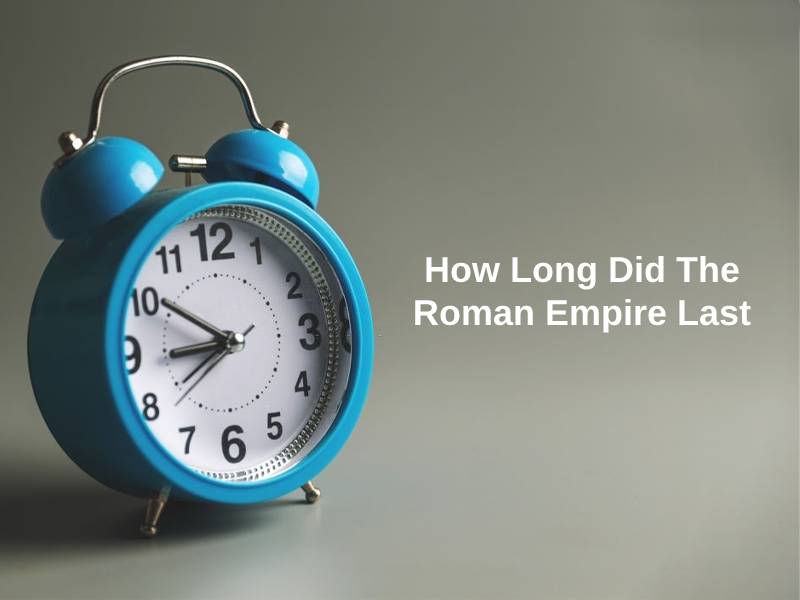
How Long Did The Roman Empire Last?
| Periods Of Roman History | Tenure | No. Of Years (Approx.) |
| Roman Kingdom | 753 BC – 509 BC | 244 years |
| Roman Republic | 509 BC – 27 BC | 482 years |
| Roman Empire | 27 BC – 1453 AD | 1500 years |
Ancient Rome had two major periods of history. The first was the Roman Republic which lasted from 509 BC to 27 BC. During this period, Rome had no leaders. The Roman government was run by elected officials. The second period was the Roman Empire which lasted from 27 BC to 476 BC (Western Roman Empire) and till 1453 AD (Eastern Roman Empire).
Octavian, one of the most powerful men in Rome had named himself Augustus and became the first emperor of Rome in 27 BC. This marked the beginning of the Roman Empire. The first period of the Roman Empire was one of the most prosperous times of ancient Rome. The empire expanded tremendously to cover the largest expanse of Rome and in the process went on becoming extremely wealthy.

The age of Augustus saw the beginnings of the Roman Empire along with grand feats of architecture and a systematic principle for justification applicable to all people and their rights as citizens. The Roman army continued to evolve as new emperors with effective leadership and organizational skills adopted new reforms for the success of their army and the empire.
Why Did The Roman Empire Last This Long?
Rome managed to last for this long due to its genius administrators. The traditional date for the founding of Rome is 753 BC, but it wasn’t the Roman Empire until 27 BC. However, by that point, it had already been expanding its territory for hundreds of years. By the time the empire was founded, Rome had already controlled large territories in Europe, North Africa, and Anatolia.
The Roman Republic became the Roman Empire in 27 BC when Julius Caesar’s adopted son, best known as Augustus became the ruler of Rome. He established an autocratic form of government wherein he was the sole ruler and took all the major decisions. As Augustus Caesar was extremely efficient in his organization of the Roman state, he was able to lay the foundation for the next 500 years’ long-lived and widespread Roman Empire.
However, in 476 AD, the emperor of the empire, Romulus Augustus was deposed by a Germanic King named Odoacer, who had invaded Rome. As Rome had lost its emperor, Roman Empire was split into Western and Eastern provinces. Soon after the split, things didn’t go well for the Western province and it dissolved in 476 AD.
Roman Empire survived so long because it had developed a unique organizational strategy. Their organizational principles were rational, impartial, and non-personal. The Roman emperors were very pragmatic in their way as they relied on experience and not simply on dogmatic principles. The Roman army was professional, well-trained, and was sufficiently equipped to defend itself. They managed to hold stable borders and keep the peace fairly well within those boundaries.

However, after the split, the Western Empire was plagued with multiple invasions from the German tribes from the north. These attacks on the northern border put too much stress on the empire. The Roman army was weakened by the lack of recruitment and money, which was unheard of in Rome before. The mercenary tribe settled inside Rome and eventually, the Western Roman Empire fell.
The Eastern Empire, later to be known as Byzantine Empire lasted longer than the Western province. However, it too came to its end with the fall of Constantinople which marked the final fall of the last Roman Empire in 1453 AD.
Conclusion
The Roman Empire started as a republic but later became an Empire in 27 BC under the rule of Augustus. It grew to encompass the entire Mediterranean area. The Western Empire collapsed in 476 AD while the Eastern Empire in 1453 AD.
There are many different opinions as to why Roman Empire lasted for so long. Some of the major reasons included new laws and engineering, military potency, and social legislation to combat political fragmentation along with exceptional leaders. The Roman Empire’s social organization led to the de-fragmentation of politics and the extensive building programs helped Rome to live on for over a thousand years.

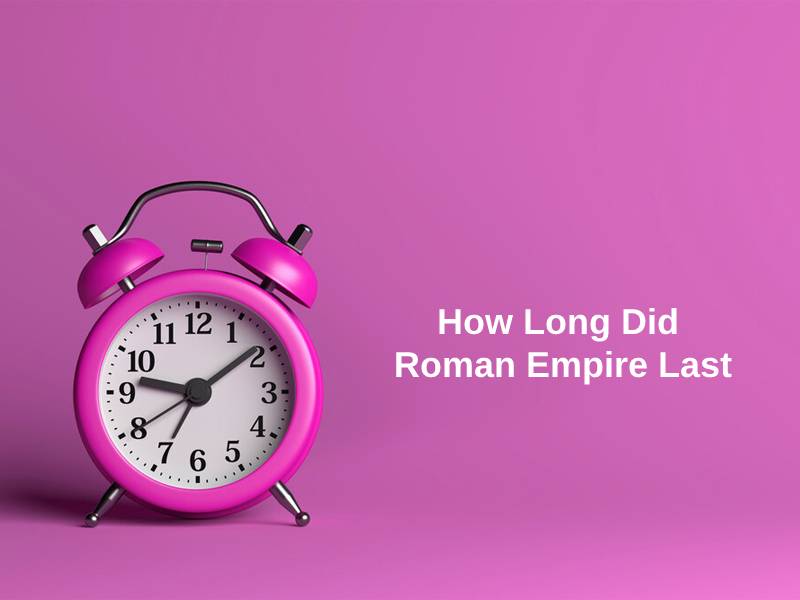

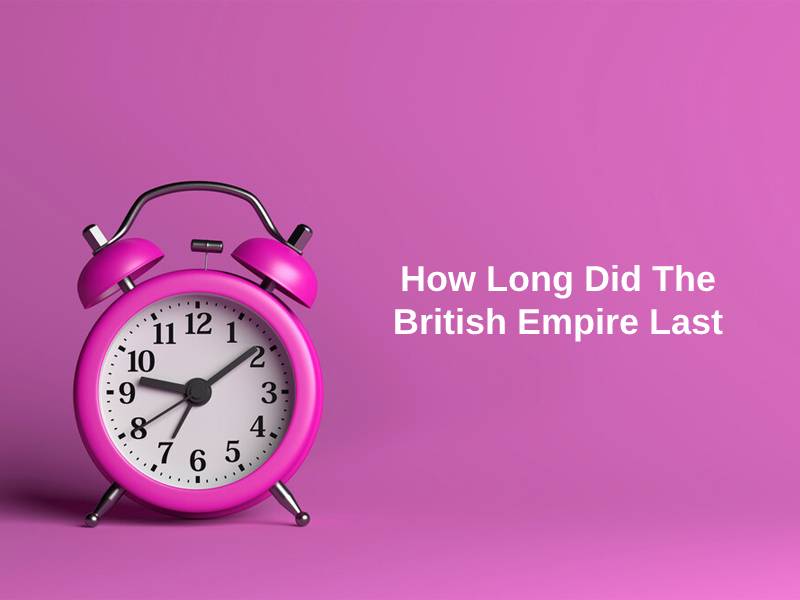
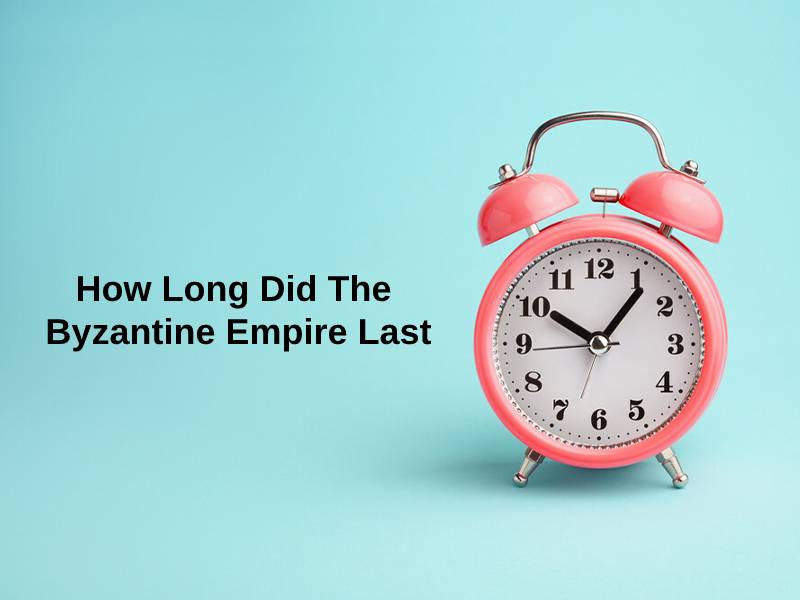
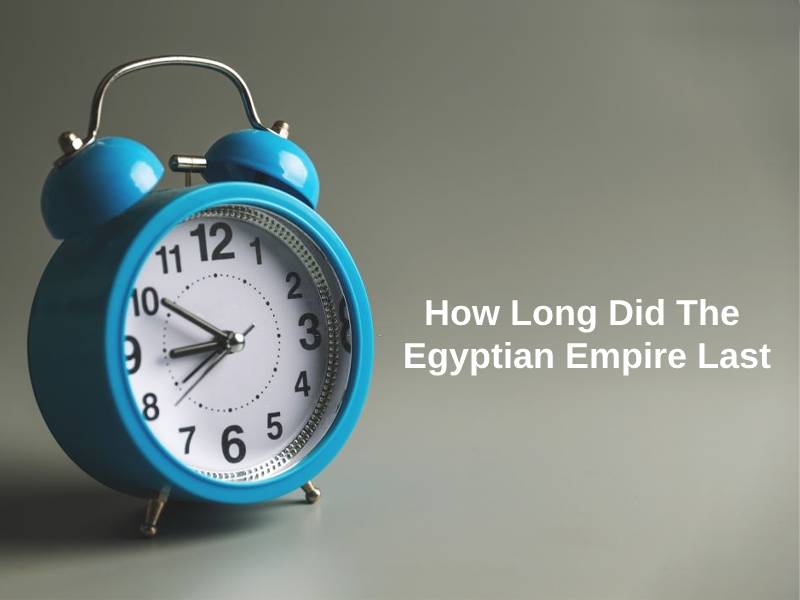

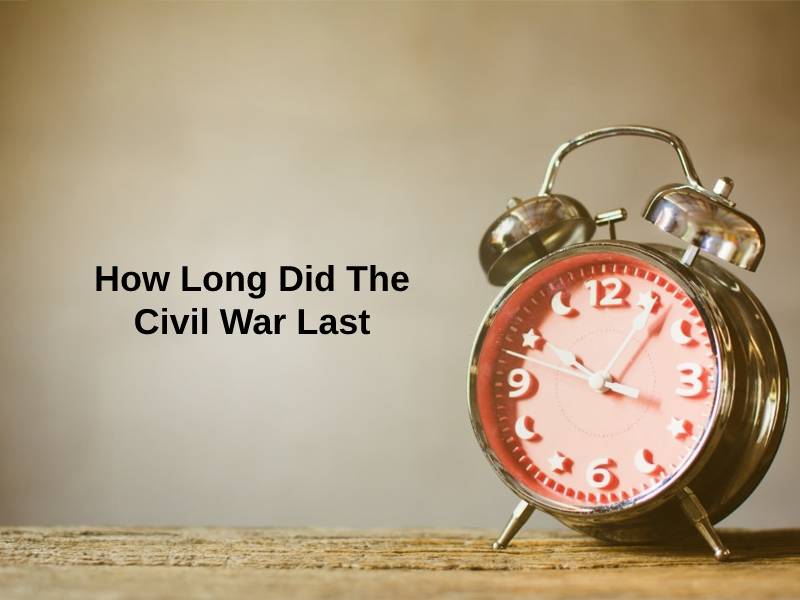


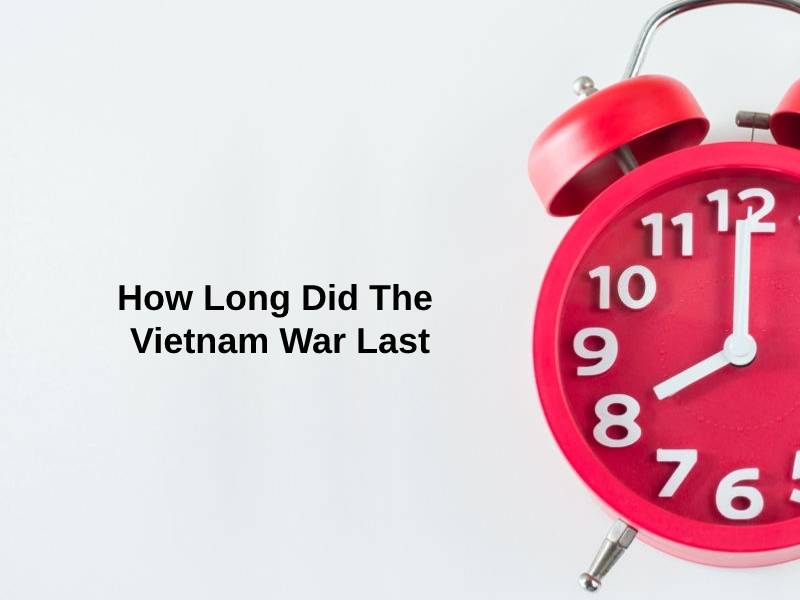
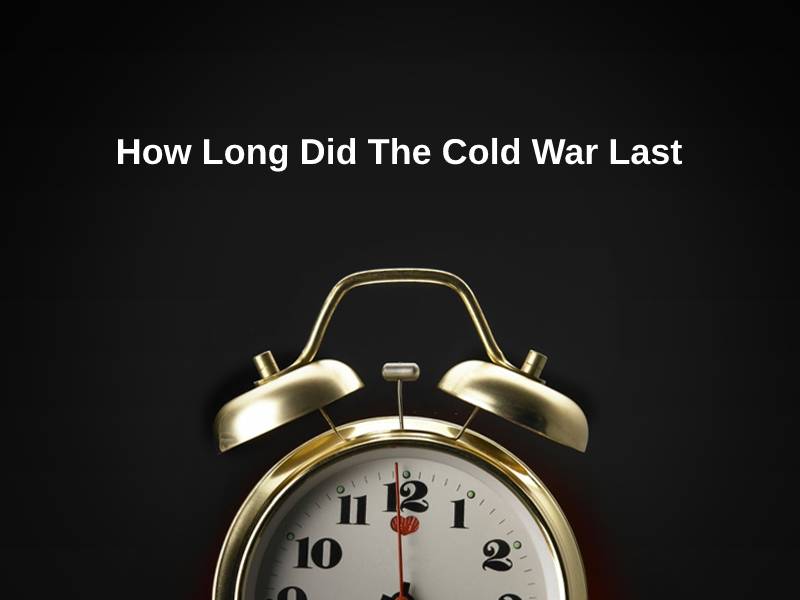

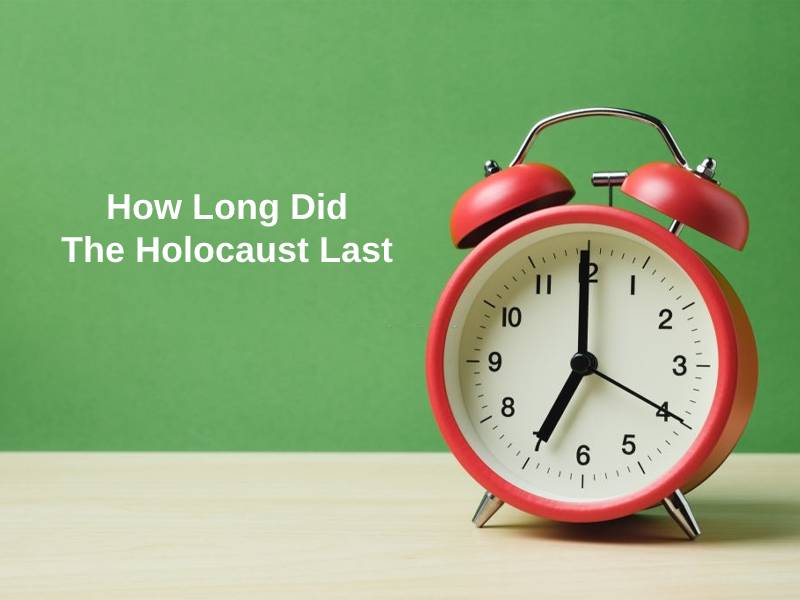
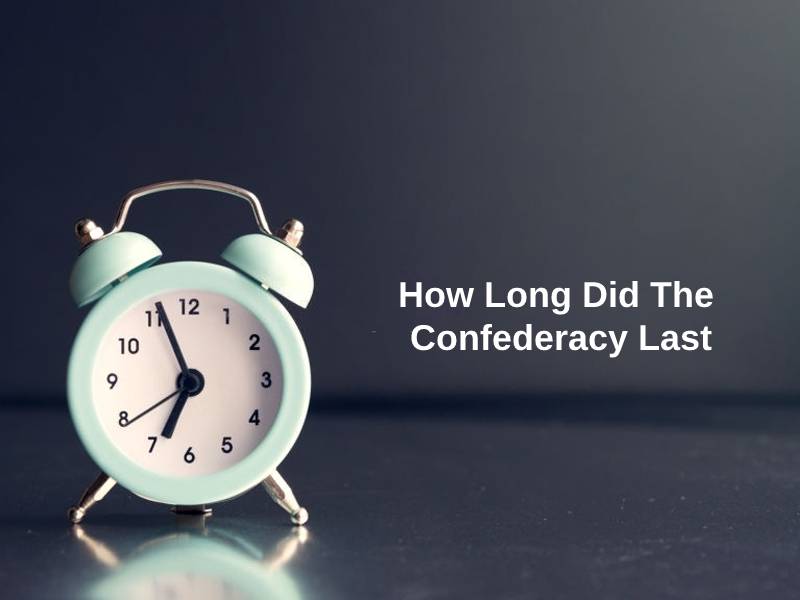

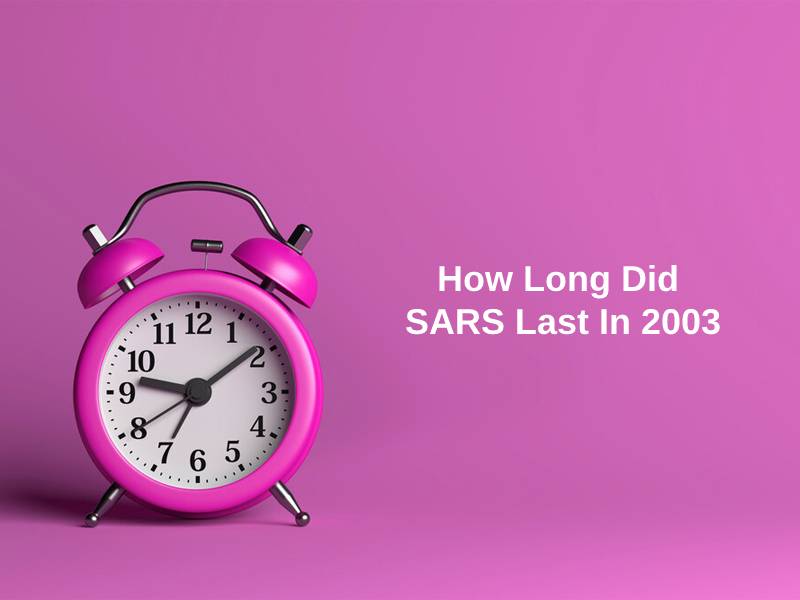

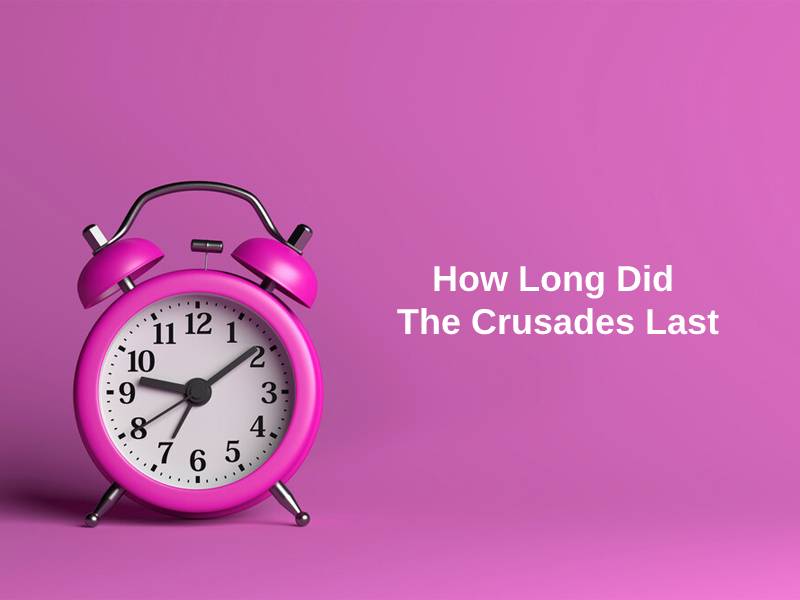
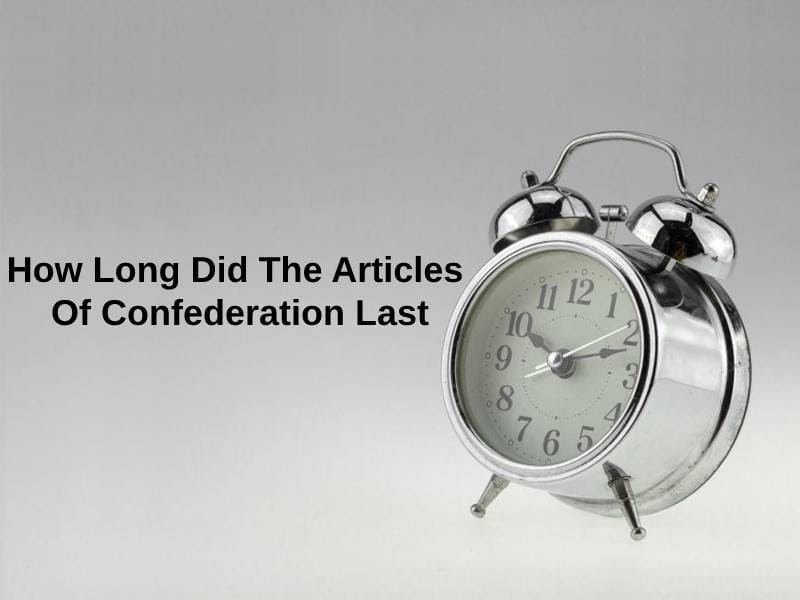

This article provides very insightful information on the Roman Empire. It’s fascinating how they managed to hold stable borders and keep the peace for so long.
The organizational strategy of the Roman Empire was truly unique. Their approach to governance and territorial management is something that modern nations could draw inspiration from.
The Roman Empire’s downfall was brought about by a series of political and military challenges. The period of the empire’s split was particularly tumultuous.